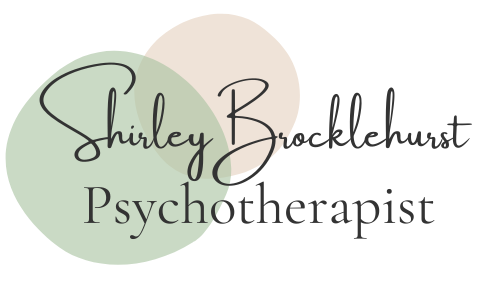
Why Voice Matters
Have you ever noticed how hard it feels to speak up for yourself — even about small things? For many adults who grew up with childhood trauma, finding their voice isn’t simple. It can feel risky, unfamiliar, or even wrong to let their needs or feelings be heard.
Often this comes from early messages like “be seen and not heard.” Over time, those words sink in. Speaking up might have led to punishment, shame, or rejection, so silence became the safer choice. Even now, decades later, that old survival strategy can show up in everyday life — in relationships, at work, or even in the way you talk to yourself.
The good news is: silence doesn’t have to be permanent. Reclaiming your voice is possible, and it doesn’t happen all at once. It begins with small, gentle steps — often in a safe, supportive space where you don’t have to prove your worth or fear judgment.
How Childhood Trauma Silences Us
When children grow up in environments where their feelings aren’t welcomed, they quickly learn to stay quiet. Some were told not to cry, others were shamed for asking questions, and many were expected to put others’ needs first.
These patterns may have felt like the only way to stay safe or accepted. But what worked as survival in childhood often becomes a barrier in adulthood — leaving you feeling unseen, unheard, or unable to fully express yourself.
How This Shows Up in Adulthood
For many adults, the effects of childhood silencing linger. You might:
- Avoid conflict by staying quiet, even when something matters deeply.
- Take on responsibility for others while neglecting your own needs.
- Struggle to set boundaries or say “no” without guilt.
- Feel invisible in relationships, workplaces, or friendships.
These patterns often bring exhaustion, shame, and a constant sense of “not enough.”
The Gentle Work of Reclaiming Voice
Healing begins with recognising that your voice matters. In therapy, you don’t have to rush or perform. Simply being heard — without judgment — can be powerful.
Sometimes words aren’t enough, which is why creative or body-based approaches can help. Exploring movement, imagery, or simple awareness of where silence lives in your body can open new pathways to expression. Little by little, you can practice using your voice in ways that feel safe, supported, and real.
What Change Can Look Like
Reclaiming your voice doesn’t mean becoming someone you’re not. Instead, it often looks like small, steady shifts:
- Saying “no” when you mean it, without carrying guilt.
- Sharing a thought or feeling you’d usually keep hidden.
- Feeling more freedom and ease in your body.
- Trusting that your needs and words have value.
These are signs of your voice returning — gently, authentically, and in your own time.
An Invitation
Finding your voice after childhood trauma isn’t about suddenly becoming loud or outspoken. It’s about slowly reclaiming the right to express yourself, in ways that feel authentic and safe. Each step — whether it’s setting a boundary, speaking a truth, or noticing new ease in your body — is part of the healing process.
Your voice matters. You don’t have to keep carrying silence as your only option. Therapy can offer a supportive space to explore your story, experiment with new ways of being heard, and begin to trust your own words again.
If this resonates with you, know that you’re not alone — and that it’s never too late to rediscover the freedom of having a voice that belongs to you.
